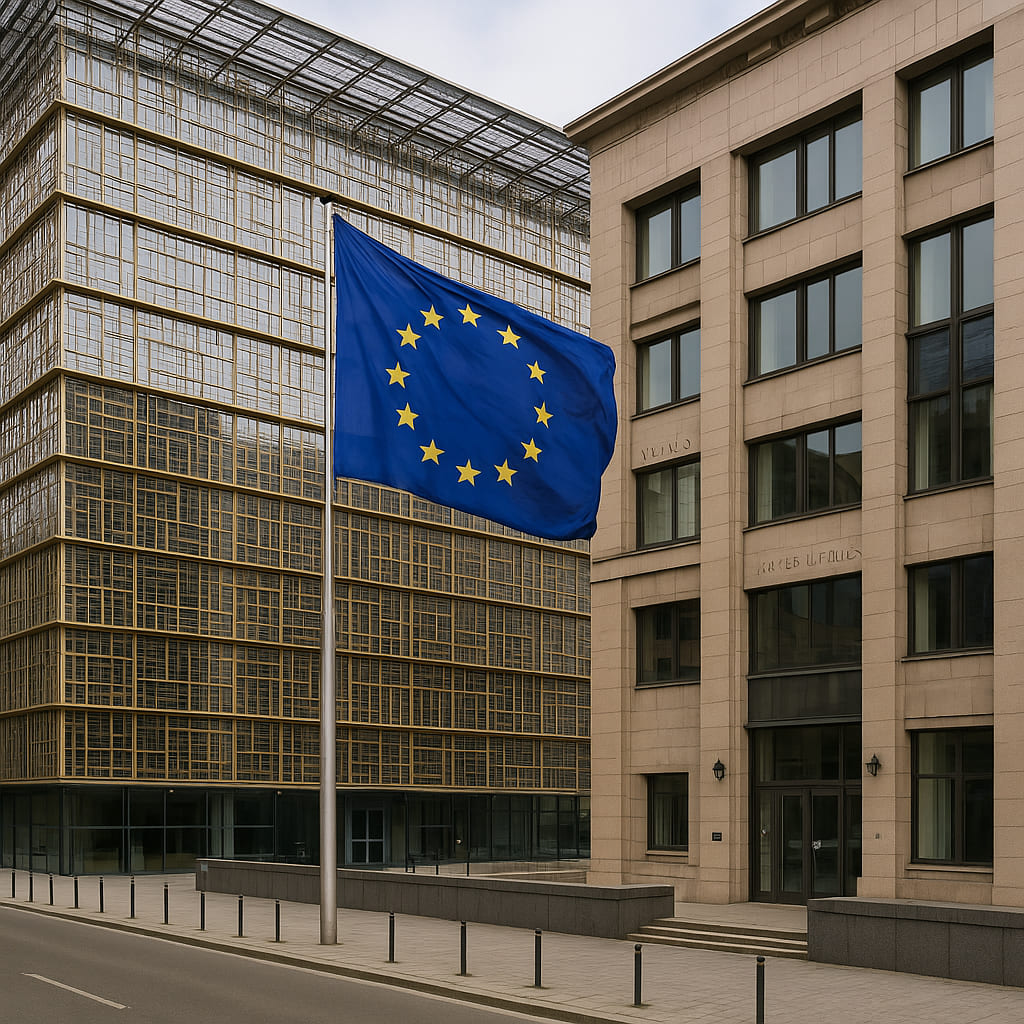Open Letter to Herman Van Rompuy, President of the European Council
Guy Verhofstadt, President of ALDE Group- European Parliament and member of Notre Europe Committee, addresses an open letter to President of the Council, M. Herman Van Rompuy, beofre the next European Summit.

Mister President, Dear Herman,
Further to your initiative, the heads of state and government will hold an informal summit on 11 February on what could be called the “state of the union”. I think that this is a good and timely initiative. In the meantime the Lisbon Treaty has been in force for over two months.
It would be an understatement to say that the Union is not faring well. The number of setbacks are piling up. We need only refer to the dramatic result of the Copenhagen conference where an agreement was concluded without the European Union, the lack of a coordinated response to the relief effort in Haiti, or the descending spiral that the eurozone has been drawn into following the difficulties encountered by Greece. As it is meaningful that US President Obama doesn’t think it’s worthy to attend the EU-US Summit in Madrid.
We both know that these setbacks are not accidental. You need only to take the plane to Beijing or Shanghai to discover that a multipolar world is being created, in which Europe’s role is in decline. After 9/11 and the financial crisis of September 2008, a new world order has been created that has destroyed (outdated) national illusions of many Member States. Growth in the eurozone will only reach 0,9% of GDP in 2010 , while in China it will attain 10%. India’s economy will grow by 7%, Brazil’s by 4,8% and that of the United States 4, 4%. Finally in 2050, the G7 will comprise not only the United States, France, Great Britain, Germany, Italy but also China, India, Brazil, Russia, Mexico, Indonesia and the United States.




